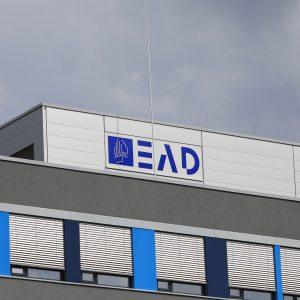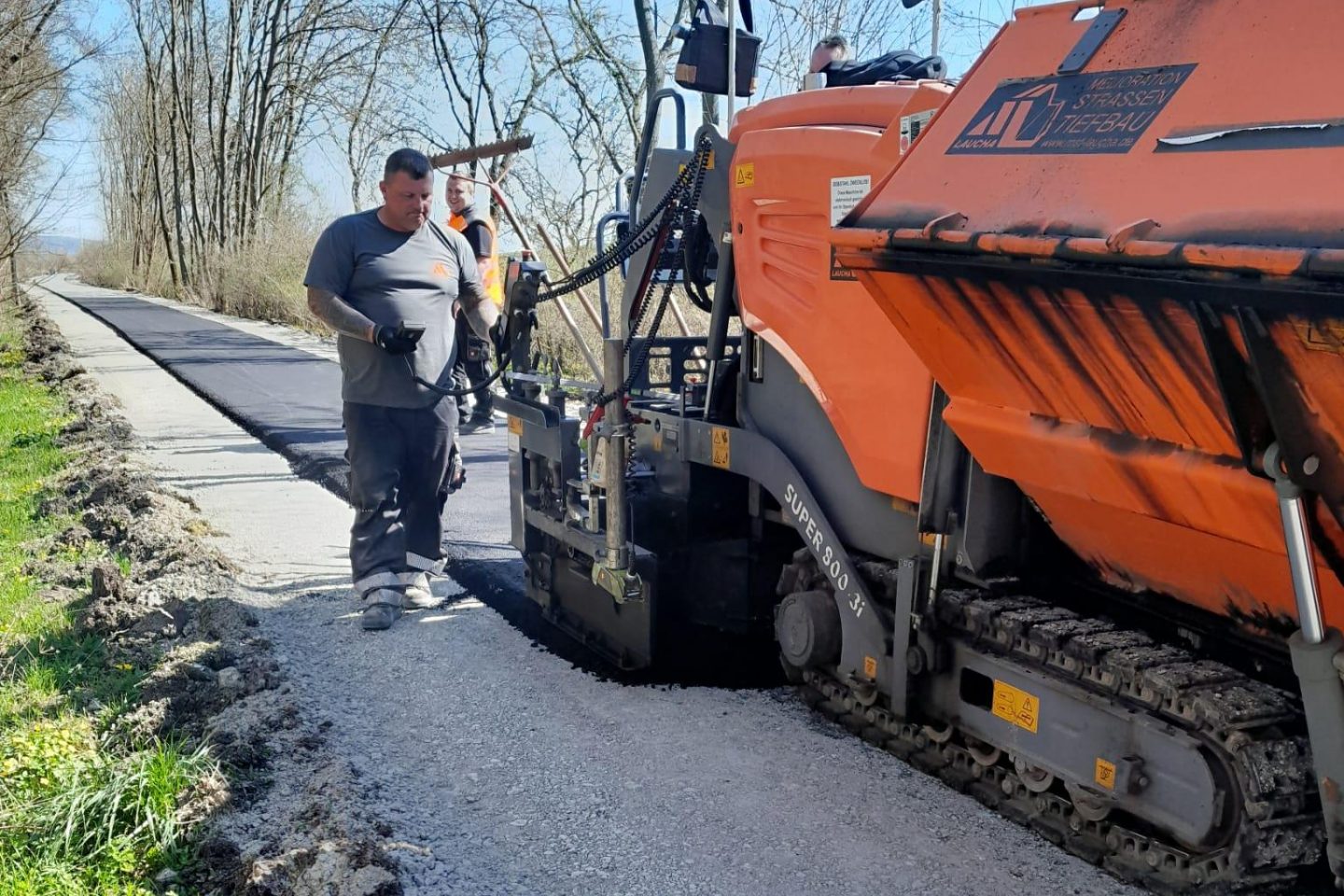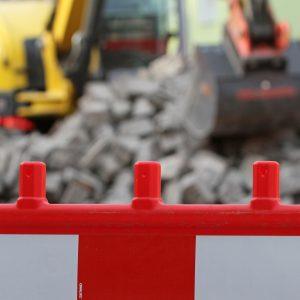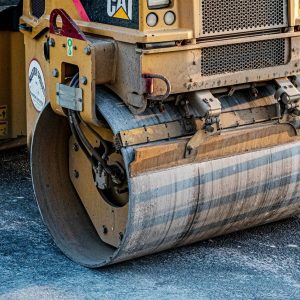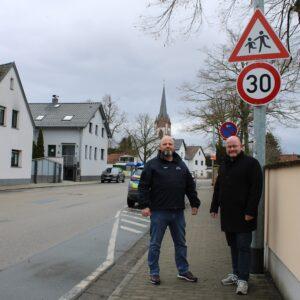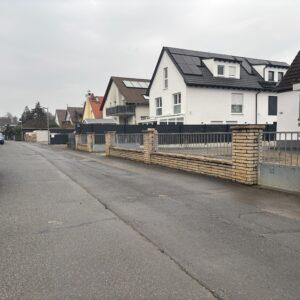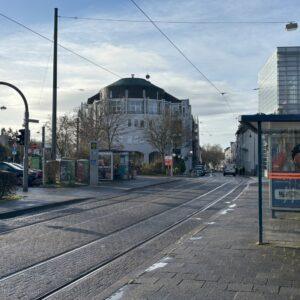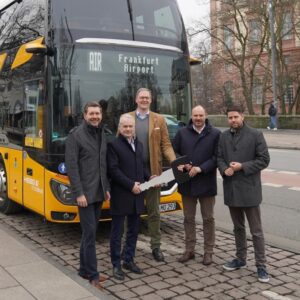ADVERTISING
Erbach-based company develops sustainable alternative to conventional construction methods
Germany's transport infrastructure faces enormous challenges: many roads are in need of repair, while at the same time costs for materials, personnel, and landfill space are rising. A company from Erbach in the Odenwald region has now developed a process that could make road and path construction more efficient and environmentally friendly.
The core of the approach is the stabilization of the existing soil beneath the future road surface. Instead of costly excavation and replacement of the subsoil with gravel, the soil is treated on-site with a biodegradable binder. Together with a small amount of cement, this creates a load-bearing substructure onto which the asphalt surface can be applied directly.
According to the company, the advantages are obvious: significantly less excavation, lower material consumption, faster construction times, and potential savings of 20 to 30 percent on construction costs. Furthermore, the disposal of the soil in a landfill is eliminated – an aspect that not only saves money but also conserves scarce landfill space.
The first practical applications are already underway both domestically and internationally. Roads were built using this method as early as 2019, and these have withstood even extreme climatic conditions to this day. In Germany, the method was tested in Thuringia, among other places: In Buttstädt, a 250-meter-long cycle path was renovated in just one day. Instead of the estimated €80,000, the costs amounted to approximately €53,500 – a significant difference for the municipal budget.
This method could therefore be particularly interesting for cities and municipalities that want to maintain or expand their road and cycling infrastructure. Given limited public funds, experts see this technology from the Odenwald region as a potential future model for sustainable and cost-effective road construction.
(RED/vz)

